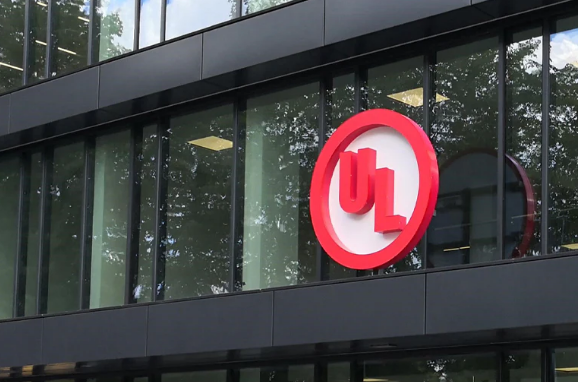Introduction:
Saber, established in 2019 by the Saudi Standards, Metrology and Quality Organization (SASO), is an electronic platform designed to ensure the quality and safety of products in line with the objectives of Saudi Arabia’s Vision 2030. It serves as an exclusive electronic access for registering products, applying for certificates, and defining approved bodies for conformity assessment. In this article, we will delve into the definition, purpose, scope, application process, and requirements of the Saber certificate.
Definition and Purpose:
The Saber certificate is a mandatory requirement for both locally manufactured and imported products intending to enter the Saudi market. It ensures that products comply with relevant technical regulations and meet the required standards for safety and quality. The certificate aims to facilitate a quick and easy clearance process at Saudi ports by having the conformity assessment completed through SASO-approved bodies before the shipment arrives.
Scope:
The scope of the Saber certificate is broad and covers various products in different sectors. Initially introduced for gas appliances and their accessories, it has expanded to include children’s toys, low voltage electricals, lubricating oils, building materials, electrical lifts, and products requiring conformity certification.
Application Process:
To obtain a Saber certificate, importers or manufacturers must first create an account on the Saber platform with their Saudi commercial registration. Once registered, they can identify the specific certificates required for their product by searching through the HS-Code or product name on the Saber system.

Requirements:
The Saber platform issues three types of certificates for imported products: Product Certificate of Conformity (PCoC), Shipment Certificate of Conformity (SCoC), and Self-Declaration Certificate.
Product Certificate of Conformity (PCoC):
The PCoC is mandatory for imported regulated products covered by technical regulations. Importers must choose a SASO-approved body through the Saber platform to conduct the conformity assessment and issue the certificate.
Self-Declaration Certificate:
The Self-Declaration Certificate is required for non-regulated products, both locally manufactured and imported. The manufacturer or importer applies through Saber and takes responsibility for the product’s conformity to Saudi standards.

Shipment Certificate of Conformity (SCoC):
The SCoC is required for both regulated and non-regulated imported products to complete the clearance process. It can be issued only after obtaining the PCoC for regulated products or Self-Declaration for non-regulated products.
Conclusion:
The Saber certificate plays a crucial role in ensuring the quality and safety of products entering the Saudi market. By streamlining the conformity assessment process and having certificates issued electronically before shipment arrival, Saber enhances the efficiency of import procedures and contributes to Saudi Arabia’s commitment to high standards in product quality and safety. Importers and manufacturers with Saudi commercial registration can create a Saber account and apply for the appropriate certificate based on their product’s regulatory requirements.












